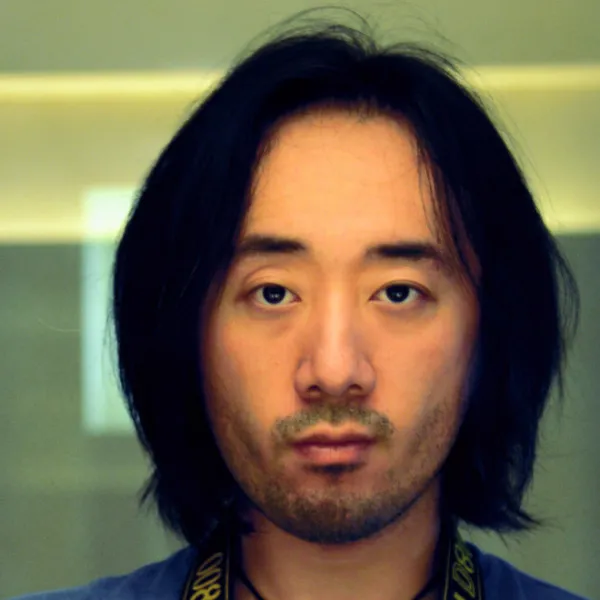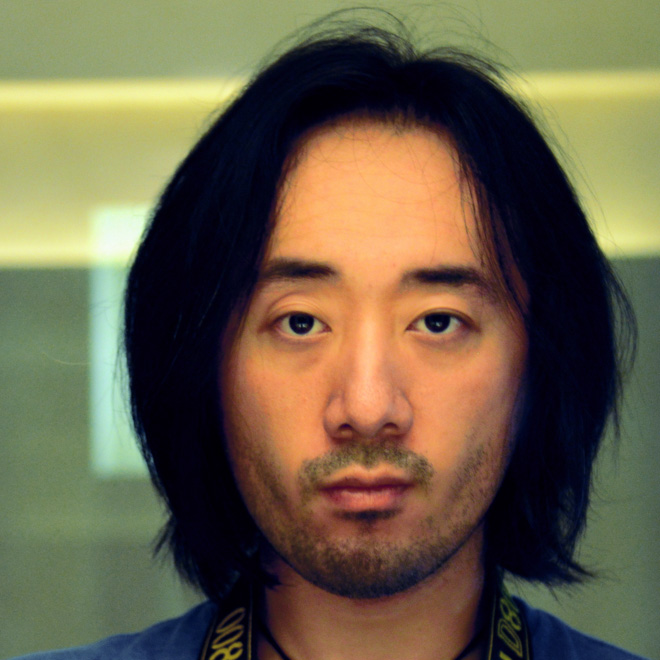Stanford is home to one of the biggest names in computer-generated music: Ge Wang, assistant professor in the Center for Computer Research and Music and Acoustics (CCRMA). Wang established the Stanford Laptop Orchestra, and has worked to develop countless numbers of instruments as part of that endeavor. Wang was recently asked to judge an upcoming competition, known as Red Bull Hack the Hits, where competitors will be designing computer-based instruments. The Daily talked with Wang about his work with the Laptop Orchestra, the music startup Smule and the Red Bull Hack The Hits judging process.
TSD: How did you first become involved in computer music?

GW: I’ve always loved music, and always loved building things and designing things. So I think the computer became, I think in some ways an illogical but rather extraordinary tool for me to kind of express myself in terms of design, and with respect to music. I’ve been playing instruments for most of my life, I started studying computer science in undergrad, and I think I began really putting them together kind of in graduate school. Basically I have my Ph.D. in computer science, but my area is computer music within that. I’m just really interested in designing technology as a way to connect people to musical expression.
TSD: In terms of work with computer music at Stanford, is computer music part of your day-to-day routine?
GW: Absolutely, computer music is pretty much in every molecule that I live and breathe, as far as my work here. I work with designing software for music, everything from programming languages — for example, I’m an author of the CHUCK programming language [which I discussed in my TED talk], which is basically a language for synthesizing sound, but also to create instruments, and basically computerized music… I also work with interaction design, musical interaction design, creating new instruments, interfaces for musical expression. I direct… our Stanford laptop orchestra, SLORK, which I founded back in 2008, and we create instruments, we make new sounds, we write music that we compose for these new computerized ensembles that we would basically design, and we perform with that.
TSD: Would you be able to talk a little bit about the process of establishing that orchestra?
GW: The Stanford Laptop Orchestra was started in 2008, although we began building in 2007. This is an idea that I think I brought with me from Princeton, where I did my Ph.D. And there my advisor, Perry Cook, and music professor Dan Trueman had this crazy vision to start an ensemble of computers, humans, and see what would happen. I was very fortunate to be involved with that and helped to develop the orchestra as well as how to teach it, and wrote for music for that, and it became part of my research. So when we initiated the Stanford Laptop Orchestra, we wanted to bring some core part of that ethos here, of exploring computer-mediated music making. And we make our own instruments; we actually use special speaker arrays, that we built ourselves here at Stanford. This guy behind me, that’s one of the speakers arrays that we use. Made out of an IKEA salad bowl. We basically bought 20 salad bowls, and after a lot of designing and trial and error we ended up using this formulation.
In some ways, the Laptop Orchestra is an exploration of the sonic intimacies you would find with more traditional performance ensembles, especially chamber orchestras, and finding cool intersections between that and the possibilities brought on by technology in a creative sense. So we’ve been performing since 2008, we have premiered probably over 200 new works, with almost as many new instruments. Since then it’s a course here at Stanford, it’s actually going to be offered in the spring.
TSD: Could you talk a little bit about your work with Hack the Hits and your capacity as a judge?
GW: I think Red Bull approached me to be a jury for their Hack the Hits…this is a hackathon to create and invent and prototype a new music-making thing. And I think that’s really kind of very central to my interests — I strive to create what I think of as expressive computer-mediated musical things, whether they’re instruments or even toys or games or tools. So I think the judging process… broadly speaking, I think there’s going to be a couple of things. One is, did the teams really make something musical that affords expression, affords nuance, affords something different that you can do now that you couldn’t before. I think there’s a novelty and an originality aspect, and it’s going to really come down to how well you can use this for music making, and how sound is the very concept and idea.
As far as the technology is concerned, I’m always less interested in technology. I’m much more interested in what we can do with technology. Even though my Ph.D. is in computer science, and I work with technology day in and day out, it’s always the greater goal of trying to figure out what we can do with technology for people and for music. That’s what really drives us.
TSD: Would you be able to talk really briefly about Smule?
GW: Sure! I cofounded Smule in 2008. It’s a mobile music startup and in many ways is for me an extension of the research I’ve been doing with things like Laptop Orchestra, and transforming commodity computing things, like laptops and in Smule’s case mobile phones, into expressive music-making experiences… So Smule was one of the very first companies, certainly one of the very first musical expression companies, in the mobile space, created specifically to explore the potential of technology for music making and to do so at a large scale.
So we created apps, everything from Ocarina which I demoed in the TED talk. That one is a fairly good example of re-envisioning a musical experience in what I call the kiln of new technology. In some ways it transforms the iPhone into a flute-like instrument you can blow into, and it’s something that I would call an expressive toy… And then the other half of Ocarina is kind of this social experiment…the social part of ocarina is that it’s a little portal through which you can hear other people play that instrument around the world. As far I know it’s the first instrument, maybe ever, that allows you to listen in to other people around the world. You get to see where they’re coming from, hear where they’re playing, whether they’re just noodling around or they’re practicing, or they’re rocking out on their iPhone ocarina. But I think it’s meant to be a human gesture. I never want people to open that and think, “Oh, that’s cool technology.” I think first and foremost I’d like for people to feel some visceral, however small, sense of connection that hey, there’s someone somewhere out there also blowing into a phone to make music.
This interview has been condensed and edited.
Contact Skylar Cohen at skylarc ‘at’ stanford.edu.
